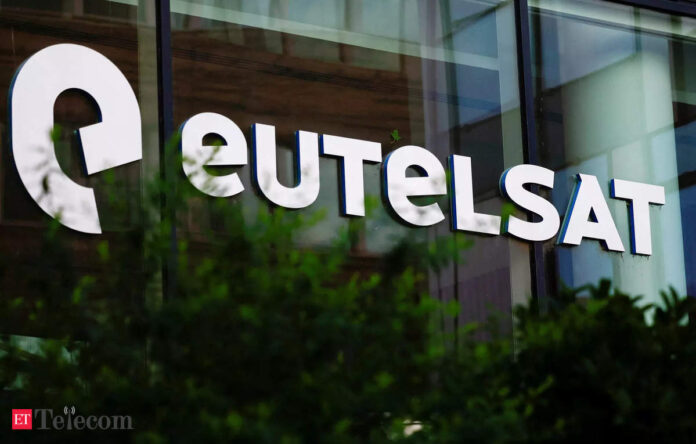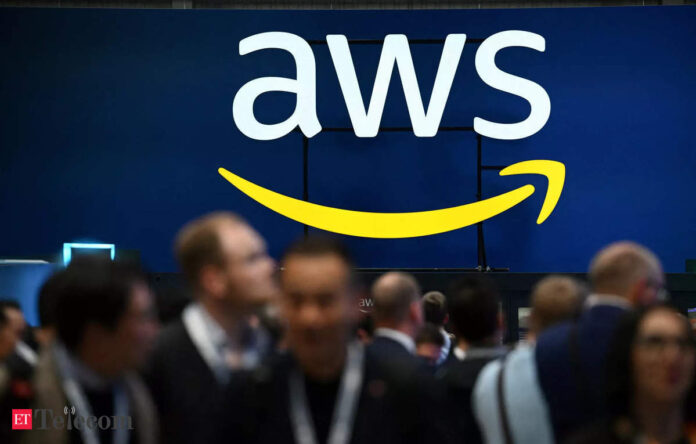In Short:
Four German fiber-optic network providers, including Deutsche GigaNetz and DNS:NET, have formed a new Open Access Network Alliance to offer internet and telephony services with Gigabit speeds. By sharing infrastructure, the companies aim to achieve rapid and cost-effective nationwide expansion of fiber-optic networks. This collaboration will enhance economic efficiency, facilitate the transition to fiber-optic networks, and benefit customers in regions lacking infrastructure.

The German fiber-optic network providers, namely Deutsche GigaNetz, DNS:NET, Eurofiber Netz, and Infrafibre Germany— which operates the companies Leonet and BBV Deutschland—have agreed to form a new Open Access Network Alliance. The four fiber-optic network providers have signed a memorandum of understanding (MoU) to create the alliance and market internet and telephony services with Gigabit speeds on their respective fiber-optic networks.
Formation of Alliance
The companies believe that establishing mutual access is essential to advance rapid and nationwide expansion in a targeted and economical way. Simultaneously, this will increase the utilization of fiber-optic networks, improving the economic efficiency of investments and facilitating the transition from copper to glass, the official release said.
Deutsche GigaNetz, DNS:NET, Eurofiber Netz (previously Vattenfall Eurofiber), and Infrafibre Germany, along with the companies LEONET and BBV Deutschland, have been driving fiber-optic expansion in various regions throughout Germany for years. The companies have invested in the expansion and operation of sustainable fiber-optic infrastructure.
Mutual Infrastructure Access
Now, under the MoU, all members of the alliance want to use each other’s existing fiber-optic infrastructure to offer individual internet services for customers. This will help in making possible investments to expand fiber in regions currently lacking the infrastructure, the official release noted. Additionally, the MoU also includes provisions for sharing best practices and technical knowledge among the alliance members to improve the quality and accessibility of internet services. The Indian government report highlighted the potential for this collaboration to bridge the digital divide in underserved areas and drive economic growth through increased connectivity. As a result, the alliance is committed to working together to ensure that all citizens have access to reliable and high-speed internet.
Furthermore, the Open Access Alliance has agreed to present the technical implementation via market-wide Layer 2 bitrom access. The established S/PRI interface is to be used as a mutual interface, while the members also strive for the standardization of process and product specifications.




